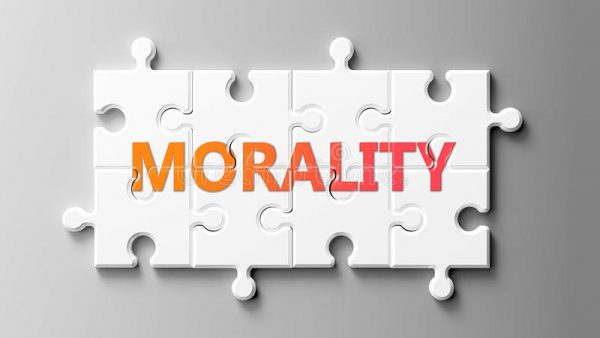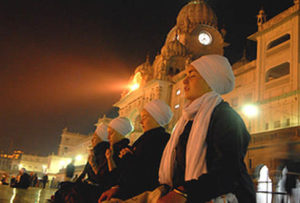What is Karma?

Karma
Karma refers to the consequences of a person’s actions and words. In Sikhism, a person gains good and bad karma throughout their life. Karma determines what happens to that individual’s atma (Soul) in the next life.
Sikhs believe that:
- Positive and moral actions lead to good karma, and negative and immoral actions lead to bad karma.
- What happens in a previous life directly impacts the atma in the next life, either positively or negatively.
- Atmas within animals can be reborn into the body of a human if they have gained good karma in their life.
- Atmas of humans can be reborn into the body of an animal if they have gained bad karma in their life. This means they have moved further away from liberation.
- Humans have the opportunity to develop and move closer towards liberation. This can be done by building up good karma in two ways. The first is to accept Waheguru’s grace and love, and the second is to perform good deeds, such as Kirat Karna, Wand Chakna and Nam Japna.
The body is the field of karma and in this age; whatever shall plant, you shall harvest.Guru Granth Sahib 78
Mukti
Mukti means ‘liberation’. It is the ultimate goal for many Sikhs, as they wish to be reunited with Waheguru. In order to reach mukti, a Sikh must rid themselves of all bad karma and focus on gaining good karma.
Mukti is ineffable, which means it cannot be explained. This is because no one can describe what it would be like to be united with and within Waheguru. It can only be experienced.
Mukti can be achieved while someone is alive. This is known as jivan mukti.
I crave not for a Kingdom, nor even for mukti, what I long for is the lotus feet of the Lord.
Guru Granth Sahib 534



